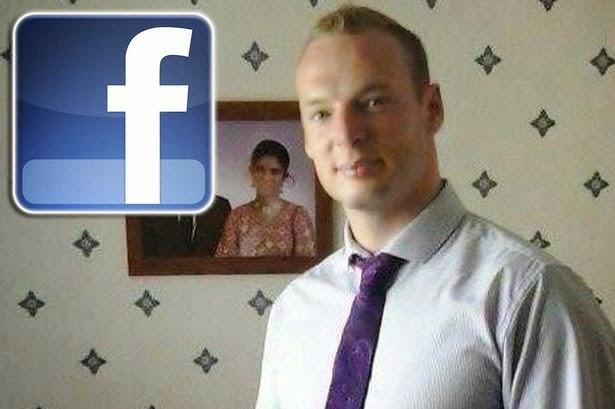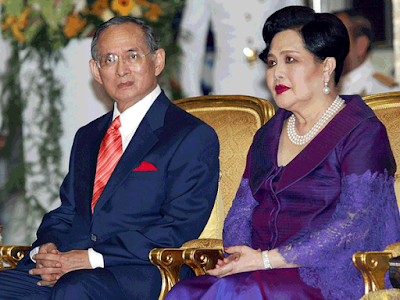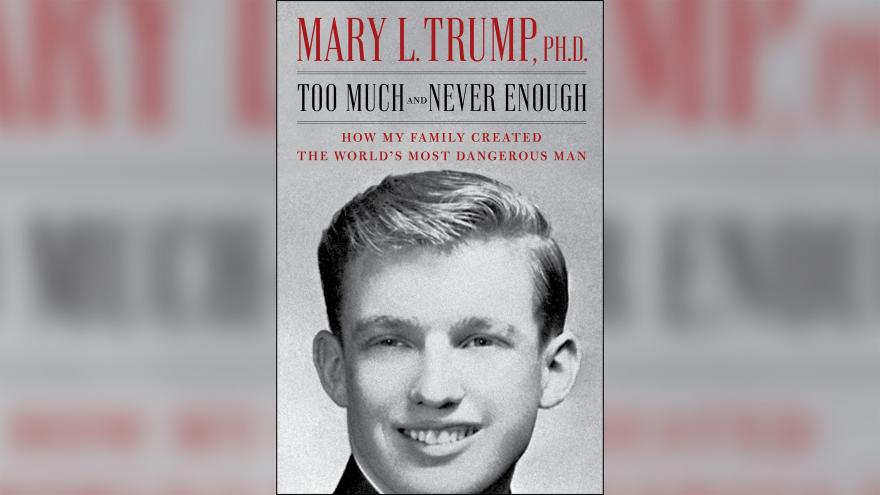Gay rights will dominate in the future according to Hugh Hefner

The year was 1955, and science fiction author Charles Beaumont had, by most accounts, crossed the line with his latest short story which depicted that homosexuality was normal and heterosexuals were the minority and persecuted, however the book was rejected because it was too controversial...
Did you know? You can comment on this post! Just scroll down
“The Crooked Man” as he named the novel, depicted a dystopian future where homosexuality was the norm and heterosexuals were persecuted minorities. Even the relatively progressive Esquire magazine had rejected the piece because it was too controversial.
But Beaumont found a fan in a young Hugh Hefner, who agreed to run it in his Playboy magazine, then less than two years old.
Outraged letters poured in to Playboy. Even readers of the pioneering nude publication found Beaumont’s tale of straight people dressing in drag and sneaking into dark barrooms to find partners too offensive for their tastes.
Hefner responded to the backlash in a defiant note. “If it was wrong to persecute heterosexuals in a homosexual society,” he wrote, “then the reverse was wrong, too.”
The move would go on to represent an early example of Hefner’s lifelong commitment to gay rights, and civil rights generally. Hefner, who died Wednesday at 91, prided himself on being an advocate for the LGBT community, taking public stands on high-profile issues such as sodomy laws, same-sex marriage and transgender rights well into his later years.
The anecdote about “The Crooked Man” was little known until 2009 when it was highlighted in “Hugh Hefner: Playboy, Activist and Rebel,” a documentary on Hefner’s civil rights advocacy. The film also expounds on Hefner’s efforts to promote black writers and artists, defend women’s reproductive rights and resist racial segregation.
Some criticized the documentary for glossing over the more controversial aspects of his legacy, namely drug abuse and sexism. Others dismissed it as a shrewd attempt to remake his image after he faded from the public spotlight.
Indeed, Hefner’s life was full of contradictions that are sure to be debated exhaustively in the days and weeks following his death. He portrayed himself and his magazine as defenders of women’s rights, but his critics have called him anything but, pointing to his rotating cast of girlfriends, multiple divorces and general objectification of women in the pages of Playboy (“They are objects,” he once told Vanity Fair).
A widely-publicized memoir by one of his former girlfriends, Holly Madison, described a life of manipulation and constant fighting at the Playboy Mansion. Hefner was also accused last year of paving the way for Bill Cosby to drug and sexually assault a women at the famed estate in 2008 (Hefner denied the allegation).
Hefner’s contradictions weren’t lost on The Advocate, a gay magazine that published a wide-ranging interview with Hefner in 1994. Hefner told writer Jeff Yarbough their magazines had a lot in common in the sense that they were both “anti-discrimination.” Yarbough was caught off guard.
“What suprises me about that statement is that Playboy and you, of course, are both known as representations of male heterosexuality and, to some degree, the objectification of heterosexual women,” Yarbough told him. “I’m surprised you recognize the issue of oppression concerning gays and lesbians so clearly at a time when most Americans still don’t.”
Asked if he considered himself a gay rights activist, Hefner responded that he had been a “human rights activist” from the magazine’s inception. He said he had campaigned against the nation’s sodomy laws, which criminalized certain sexual acts. “If the pursuit of happiness has any meaning at all as it is written in the Constitution, the government’s intruding into one’s bedroom, into personal sexual behaviors, is as unconstitutional as anything can be,” Hefner said.
The interview also touched on the AIDS crisis, which “profoundly changed Hefner’s life” in the early 1980s, Yarbough wrote. Hefner fixated on the disease soon after it was identified, he wrote, and used Playboy to keep a spotlight on the epidemic “with articles that examine everything from the disease’s origins to safer sex practices.”
Hefner told The Advocate: “The only thing ‘wrong’ with AIDS is the way our government responded to it. They are culpable on many, many levels… I have chosen every aspect of human sexuality — and the discrimination that goes along with some of those aspects — as my major concern. Homosexuality and, later, the homophobia that surrounds the AIDS crisis are part of a much bigger picture for me.”
Article Posted 6 Years ago. You can post your own articles and it will be published for free.
No Registration is required! But we review before publishing! Click here to get started
One Favour Please! Subscribe To Our YouTube Channel!
468k
Cook Amazing Nigerian Dishes, Follow Adorable Kitchen YouTube Channel!
1.1m
Like us on Facebook, Follow on Twitter
React and Comment
Click Here To Hide More Posts Like This
Watch and Download Free Mobile Movies, Read entertainment news and reports, Download music and Upload your own For FREE.
Submit Your Content to be published for you FREE! We thrive on user-submitted content!
But we moderate!


















